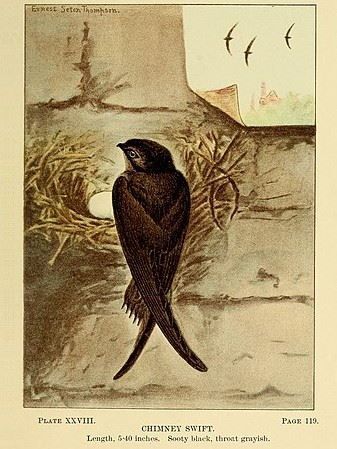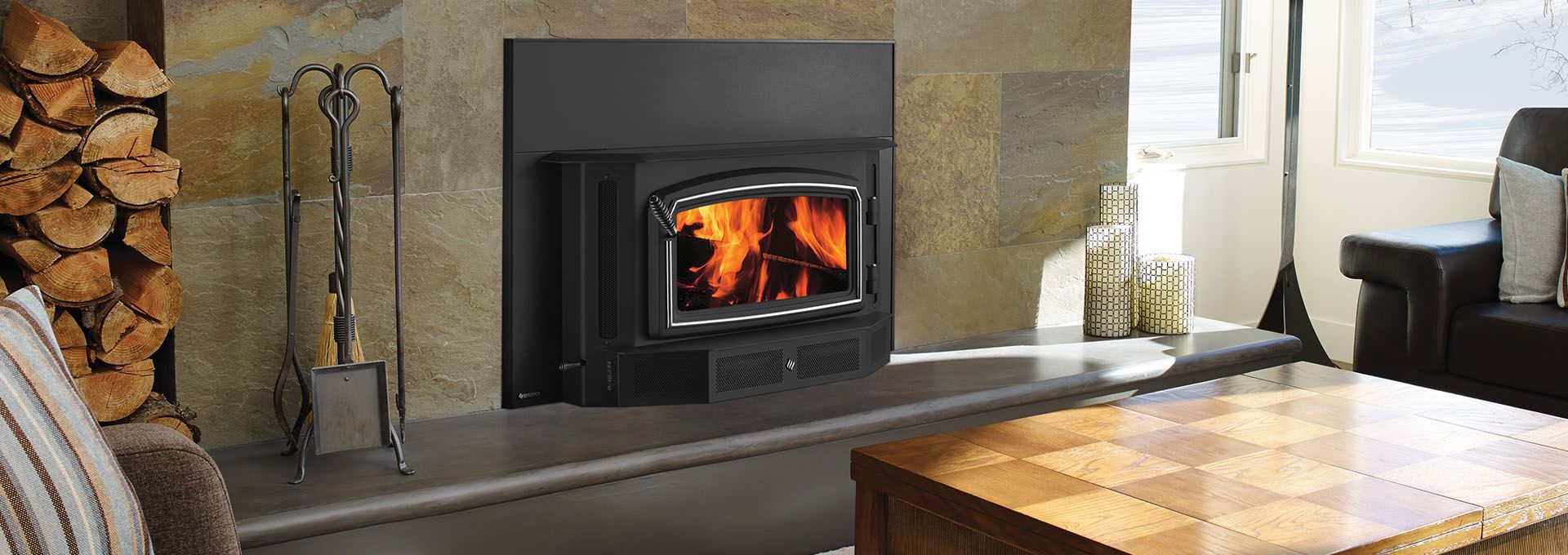Chimney Sweep Bird
Steve May • February 20, 2020

10 Facts About Chimney Swifts: The birds who love to live in Chimneys.
- First described in 1758, it was classified as a swallow, then called a “chimney swallow”.
- These birds build their nests of twigs and affix them to vertical structures, oftentimes a chimney, hence the name.
- They live in the eastern United States, as far north as southern Canada.
- Chimney Swifts are listed as “vulnerable” by the IUCN, their decline may be associated with insect shortages due to insecticides used in the 20th century.
- Chimney Swifts generally mate for life.
- When they get on the inside of your chimney and hatch out, the babies can be very loud and tend to increase in volume when the wind blows and disturbs them.
- Chimney swifts eat insects. And spiders. Thanks, Chimney Swifts!
- They eat, drink and bathe all while flying.
- No one was sure where they went in the winter, and then in 1944, someone put a band on the legs of a bunch of chimney swifts and went looking for them in South America. They found an indigenous Peruvian had been wearing the bands as a necklace decoration. I guess he thought they were neat.
- If a chimney swift builds a nest in your chimney and lays eggs, you have to wait for the birds to hatch and mature and leave on their own before you can remove the nest. Anyone caught tampering with a nest can be fined under the Migratory Bird Treaty Act.
The post Chimney Sweep Bird appeared first on Chimney Works & Rocky Mountain Stoves.
Search the Outpost

Welcome to Chimney Works’ Chimney Problem Solver™ This tool will help you find solutions to common chimney problems. Each problem is presented as a question we get from customers on a regular basis. An answer is provided, explaining why it happens and what can be done about it, along with references (links) to expert resources that will give you additional details. If we feel your problem is critical, we’ll display a warning like this: | Warning | Depending on the issue, we may recommend you stop using your fireplace or heating appliance right away and contact a professional.




